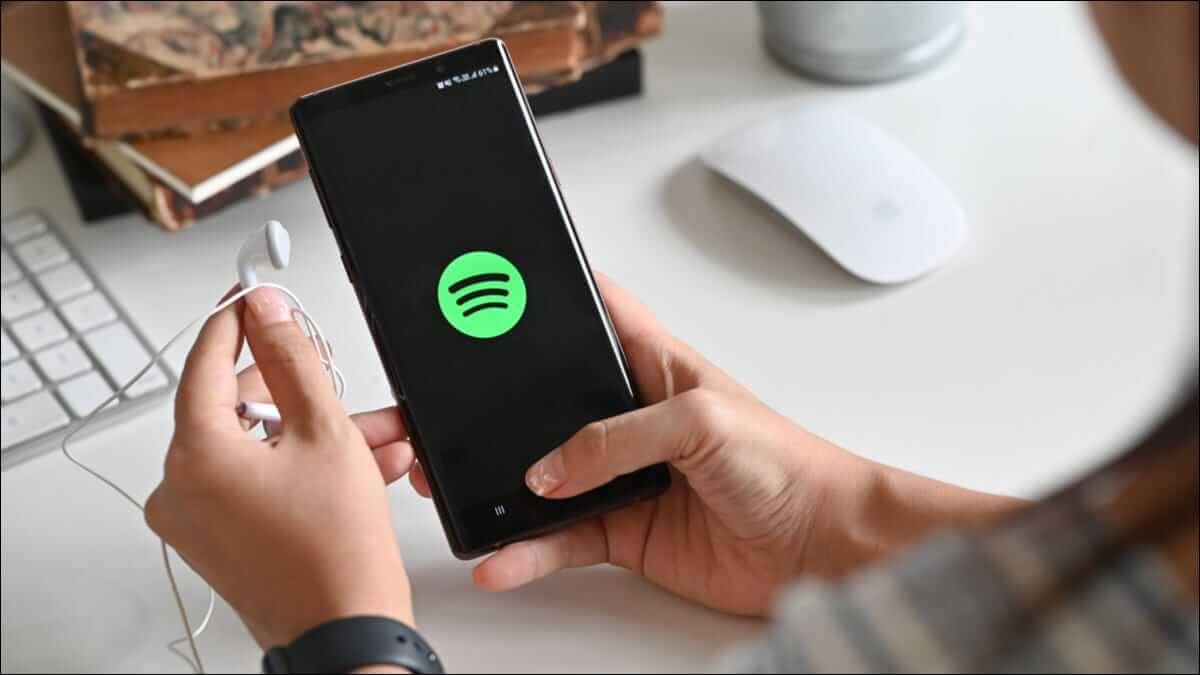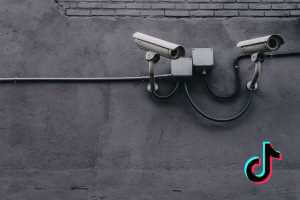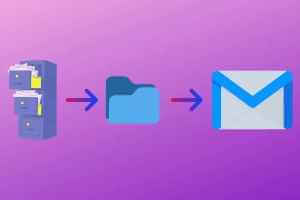No matter how careful you are, there will always be times when a new driver update will mess with your computer. This is often the case with GPU driversAfter updating to an unstable GPU driver, you may notice screen flickering or Black screen issuesWhile uninstalling the GPU driver is the way to go, it may not solve your problems. This happens because the default uninstaller still leaves behind some files and registry entries. So when you install a regular driver on your computer, these leftover files will cause installation issues. This guide will show you how to completely uninstall existing GPU drivers the right way using the Display Driver Installer (DDU). So let's get it.
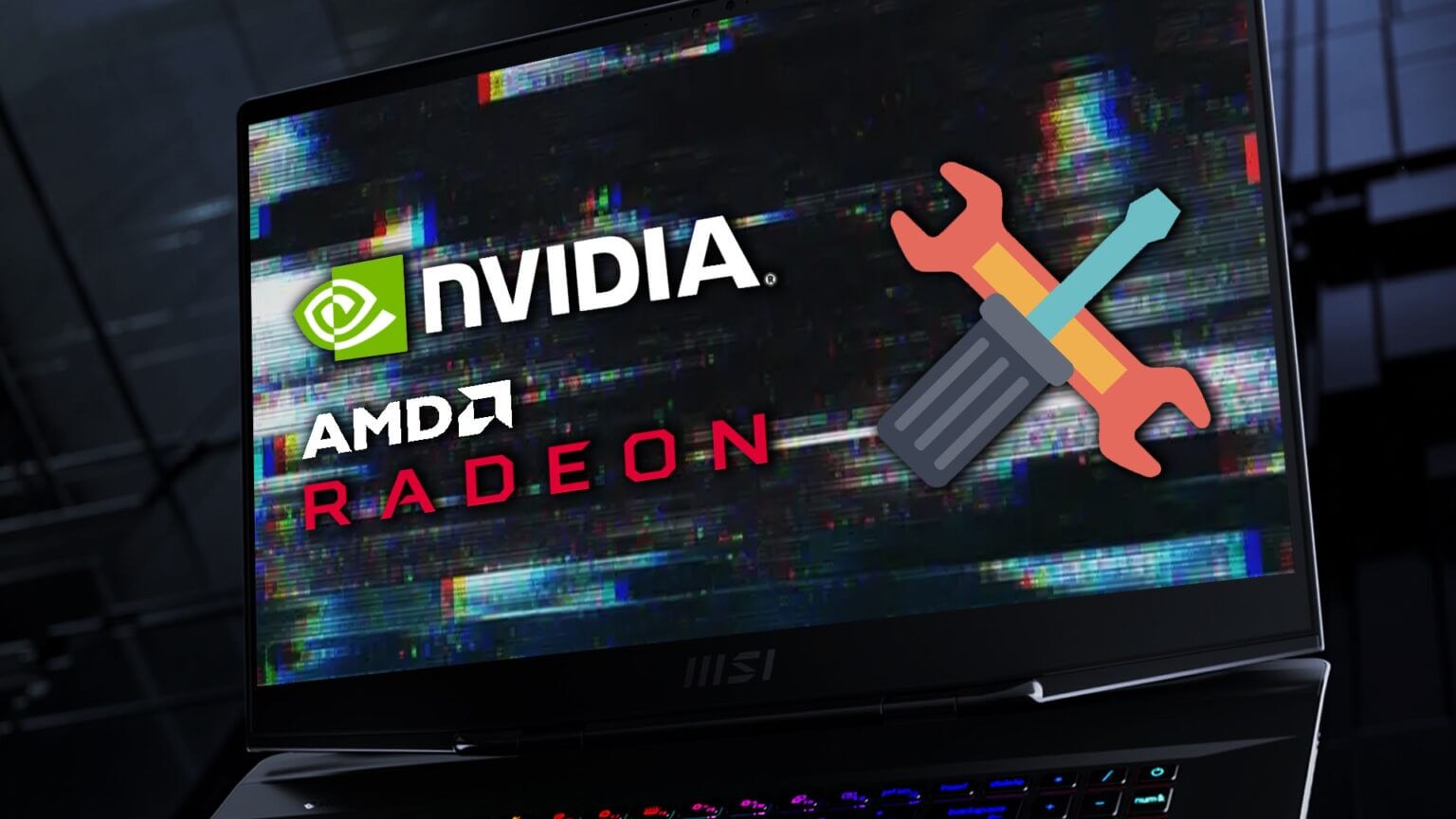
Why Use a Driver Uninstaller (DDU)
Default uninstallers leave residual files on your computer. However, Display Driver Uninstaller is designed to search for and remove all residual files and folders, clean up corrupt registry entries, and remove all traces of GPU drivers. Essentially, when you try to install a GPU driver after using DDU, it will be similar to a clean installation.
While DDU is undoubtedly a great tool to use, the various options and configuration settings it offers can be confusing for first-time users. That's why we're going to highlight the easiest way to use DDU without causing any damage to your computer.
Things to consider when using DDU
Using DDU is simple, but there are a few things to keep in mind. First, make sure your system is offline. This is to ensure that Windows Update doesn't interfere with uninstalling the GPU drivers. Second, DDU won't work on a network drive. Therefore, you'll need to install and run it on your Windows computer. It's also recommended that you exclude the DDU folder from your antivirus software.
DDU is recommended for use in: Windows Safe ModeHowever, if you choose to use DDU in normal mode, you'll need to repeat the entire process twice to ensure it cleans all files properly. Now, let's move on to the actual process.
How to uninstall GPU drivers using DDU
Step 1: Download the DDU installer located at the bottom of the Guru3D website. Choose the download location of your choice.

Step 2: Once you've downloaded the installer file, extract it to a location of your choice. Now open the extracted folder and double-click DDU.exe to run the self-extracting tool.
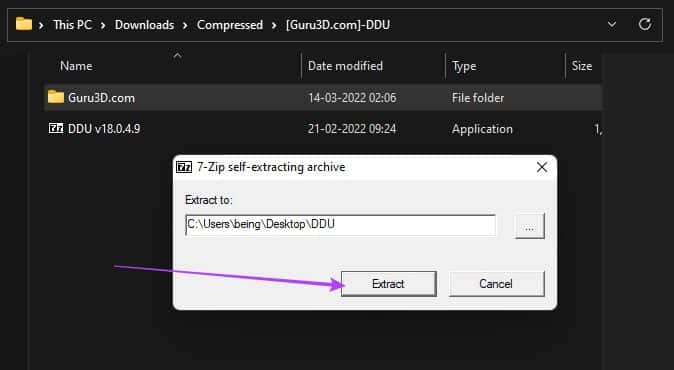
Step 3: Once the files are extracted, you will have to reboot your system into safe mode.
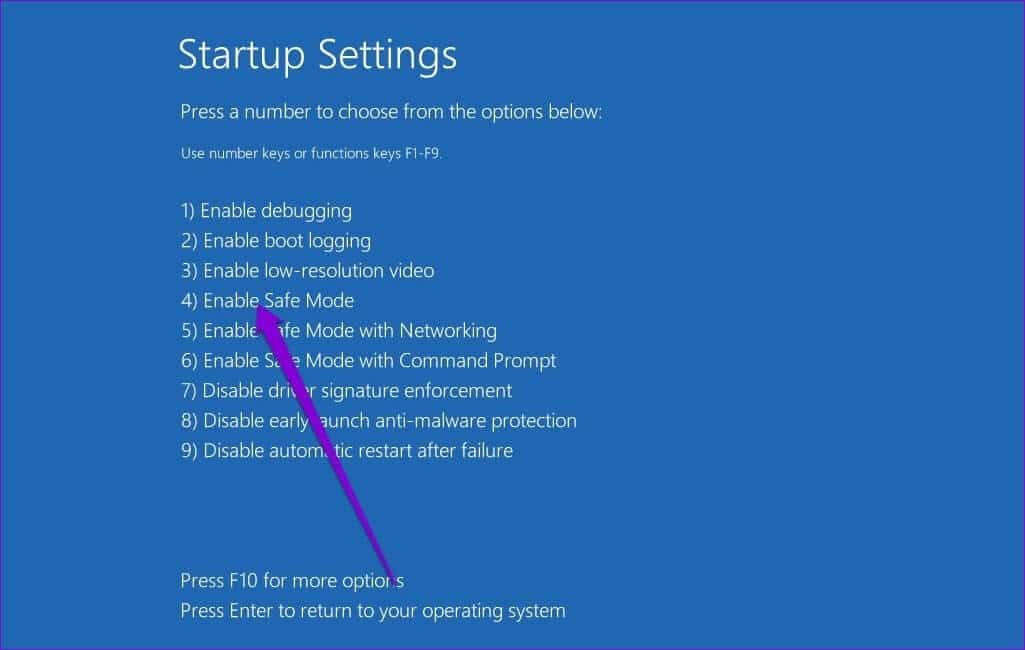
Step 4: Once your computer has restarted in Safe Mode, open the DDU folder and double-click Display Driver Uninstaller.exe to run it.
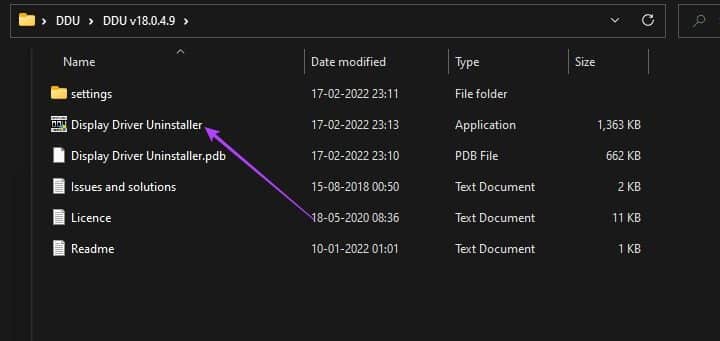
Step 5: In the pop-up options window, select your preferences. However, if you want to keep any additional files or programs installed on your system, deselect them from the list.
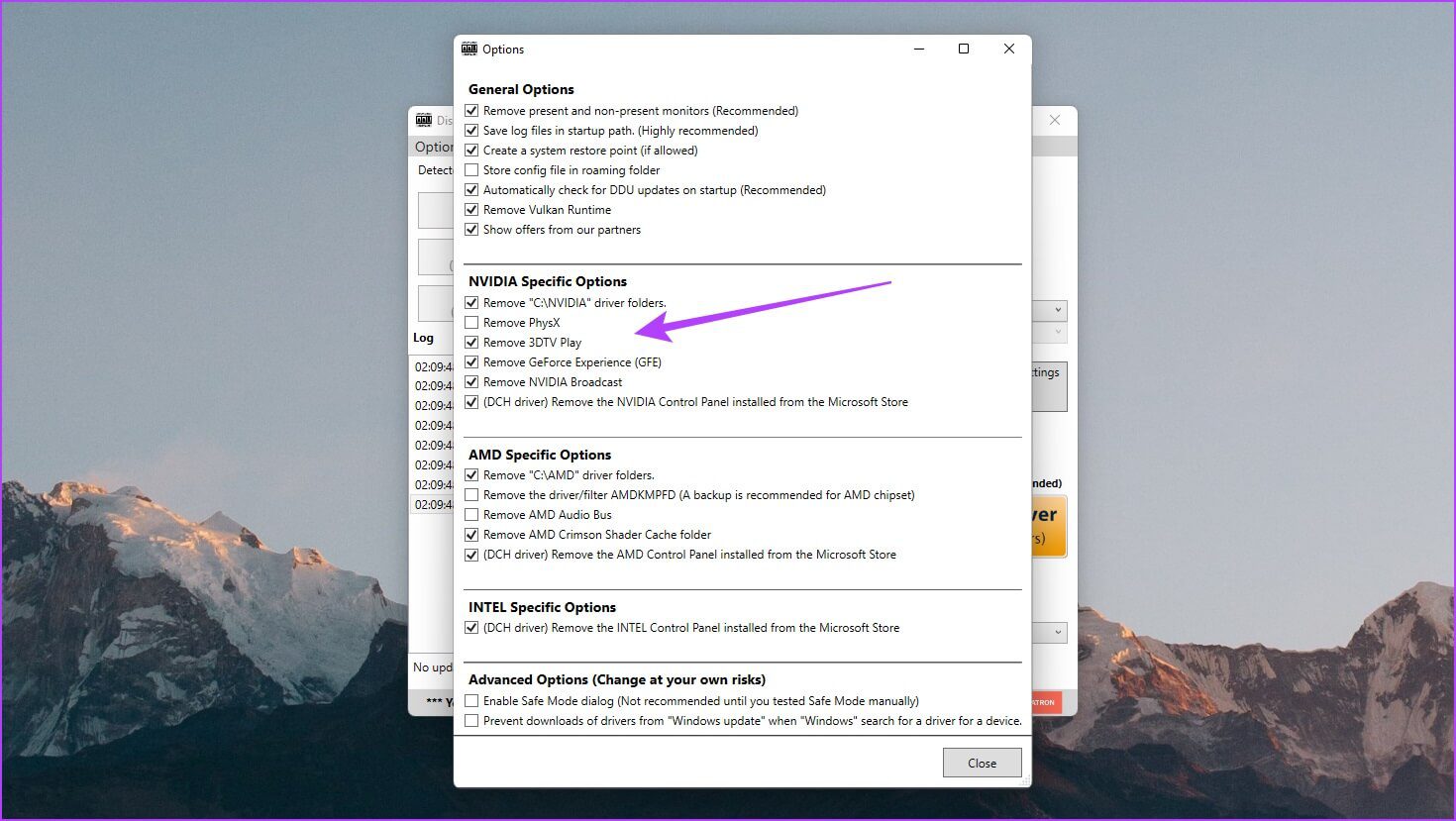
Step 6: Once you have made the changes to your preferences, click Close.
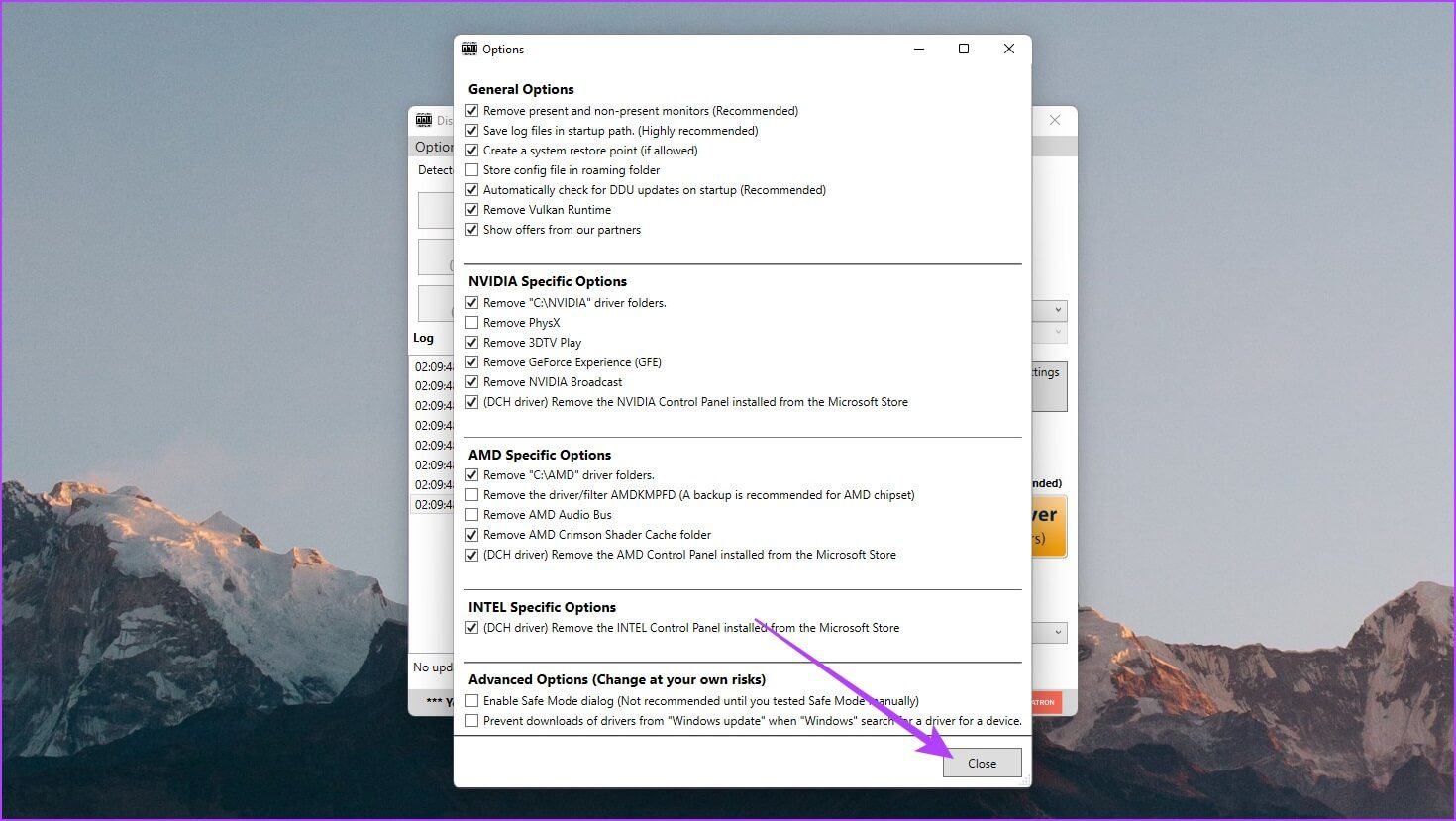
Step 7: The DDU window should now open. On the right side, select your device type – GPU.
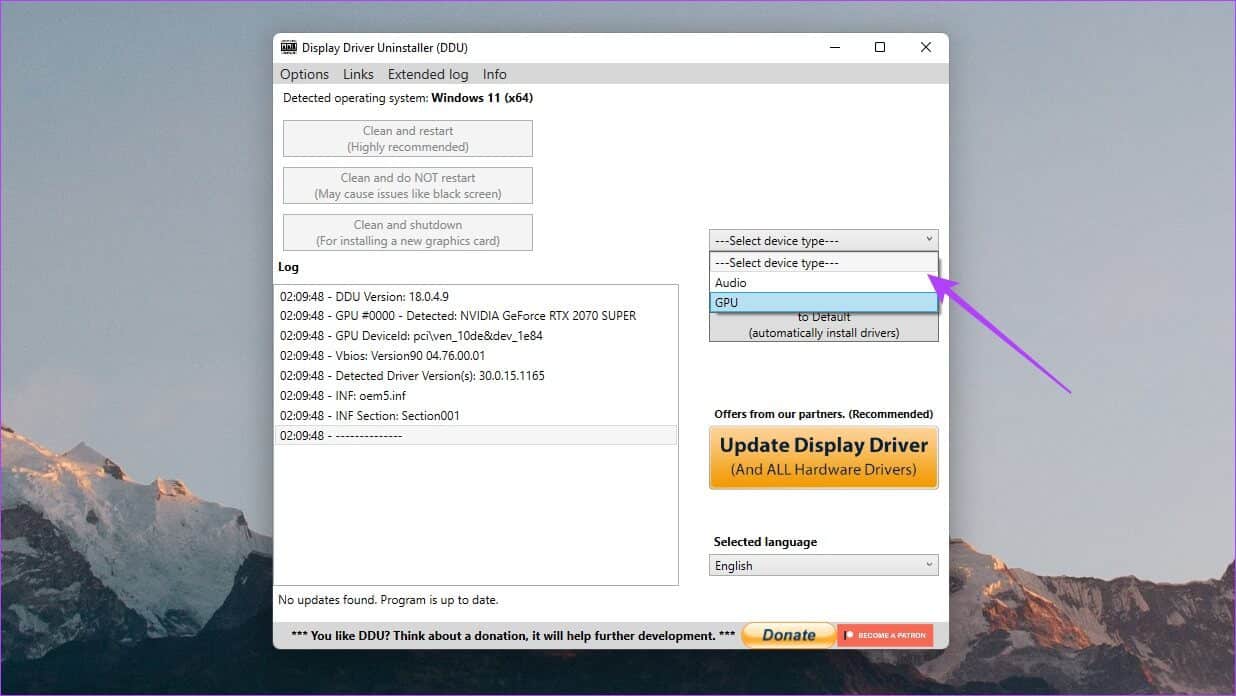
Step 8: Now select your GPU manufacturer – NVIDIA, AMD, or Intel.
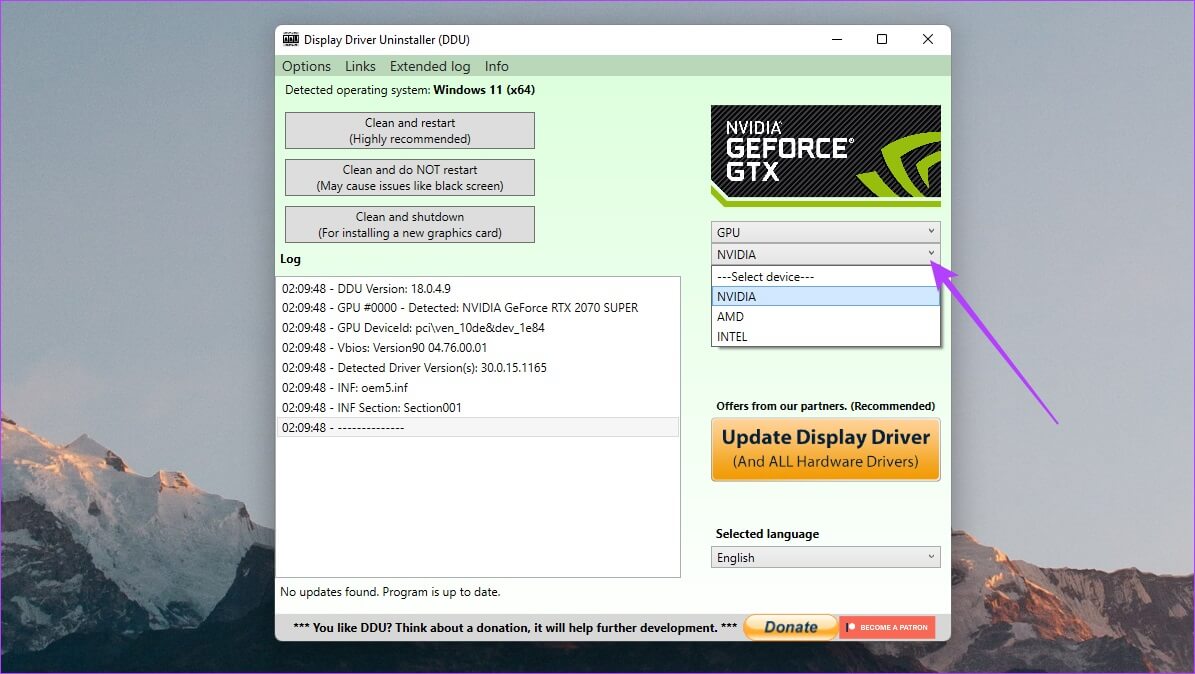
Step 9: Finally, click Clean and Restart.
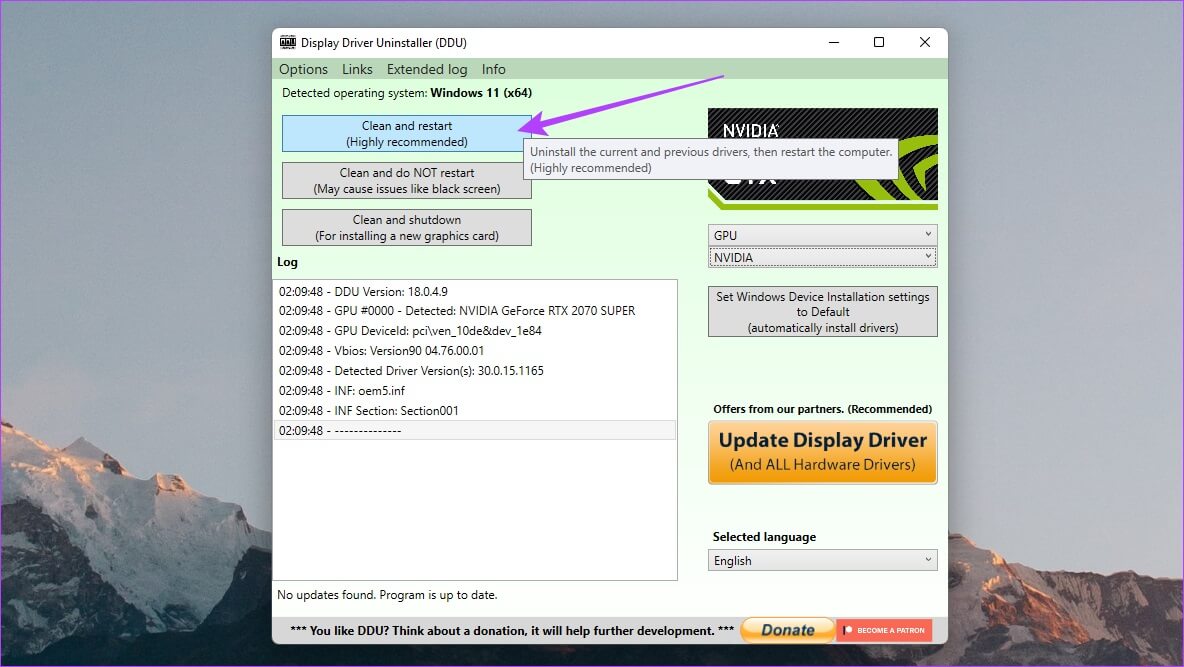
And that's it. DDU will uninstall the graphics driver, clean the registry, remove any leftover files, and then reboot your system. Once your computer boots up, connect your computer to the internet, and Windows will automatically fetch the latest stable driver.
start over
Once Windows has finished installing the GPU driver for you, you can continue using your computer as you wish. However, note that Windows does not install the latest GPU driver. Instead, it installs the version it believes is the most stable. You may want to update your GPU driver later to the latest version if you're confident it's stable now. If your computer has NVIDIA graphics, you can review our guide on installing and updating it. NVIDIA drivers without GeForce Experience.



